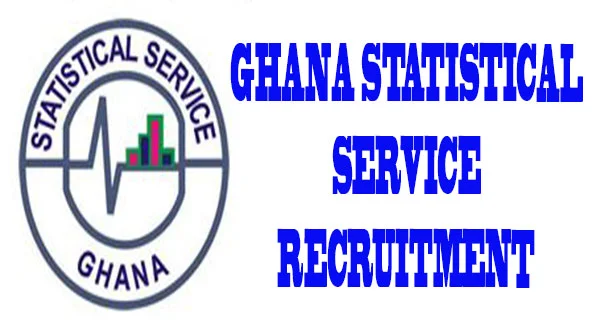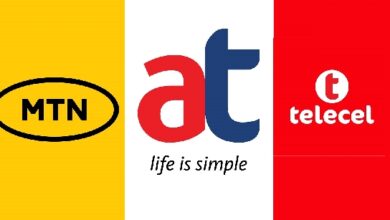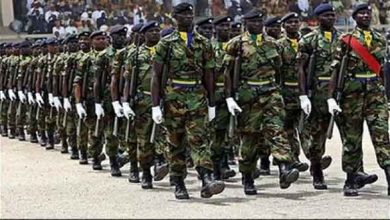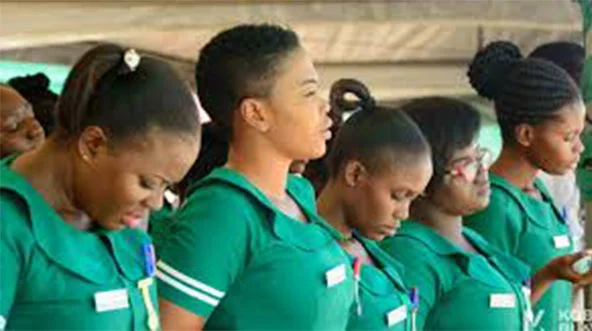All About The Newly Introduced GALOP For Schools
Here is all All About The Newly Introduced GALOP For Schools. Ghana Accounting For Learning Outcomes Project (GALOP) aims at providing resources to beneficiary schools to Strengthen learning support systems through learning grants. It also aimed at Strengthening School Management Committees (SMCs) for improved resource utilization and school-based management. Strengthening school support, management, and resourcing under GALOP has three main activities namely:
- Learning grants to improve learning outcomes
- Support to school level monitoring and supervision
- Strengthen SMCs for enhanced citizen engagement
Kindly share with the Whatsapp button below this page. If you have any enqiuiries, let us know in the comment section. You can join our Group >>> Teacher Discussion Forum <<
Recommended
Table of Contents
LEARNING GRANTS
Learning grants aim to ensure that the beneficiary schools have adequate funding to achieve minimum
learning outcomes. The learning interventions are expected to reach over 10,000 poorly performing public basic schools. The grant will cover activities that will help to improve learning outcomes in the schools.
ELIGIBILITY FOR LEARNING GRANT
For a school to be eligible to receive Learning Grant under GALOP, the School must satisfy the following criteria:
Been registered by the GES as a Public Basic School and Must have been selected under the criteria used to select GALOP beneficiary Schools as outlined in the PIM.
Conditions Precedent to Initial Receipt of Grant Funds
The initial release of funds to beneficiary schools will be based on: been trained on the learning grant; notifying the MOE and GES of Account into which funds could be transferred; having an SMC which is democratically elected during SPAM or at Community General Assembly in place; having an approved SPIP; having a Capitation Grant account to receive Learning Grant funds and having the list of Authorized Signatories of the School Account. (The appointment of the Signatories should be consistent with existing Legislations and Policies of the GES).
DISBURSEMENT OF LEARNING GRANTS
The learning grant will be directly into individual bank accounts through.
The disbursement of the learning grant is conditioned on the conduct of school self-assessment through SPAM/Community General Assembly, development and approval of the SPIP, which constitutes performance contracts between the Head teacher, the CS and the District Director of Education. The process of SPIP development will be participatory, involving SMCs representing the community, Head teachers and teachers and will be submitted to the District Director for approval.
Categories of Disbursement
Base Grant:
- GHC 3,000 per unified school (KG, Primary, JHS)
- GHC 1,000 per KG
- GHC 1,500 per Primary
- GHC 500 per JHS
- GHC 4,000 per Special School
Per Capita Grant (GHC 5 per student)
The disbursement of the learning grants will be made in two tranches within an academic year in the first and second terms. The first term grant will be the Base grant, which will be an equal amount to all schools depending on the number of levels (KG, primary, and JHS) as explained above. The second term disbursement will be based on the enrolment of the school (per capita of GHC 5). The third term will be used by the schools to prepare and submit the report and SPIP for the subsequent disbursement. The total estimated allocations for schools will be transferred directly into each Bank Account. Copies of the transfer instruction and the amounts will be issued to the DEOs and REOs. The initial learning grant (base grant) to the beneficiary schools was to be disbursed at the beginning of the 2020/21 academic year (the beginning of the first term in September).
This will be based on historical data i.e. data used in transfers made by the Government of Ghana (GOG) under the Capitation Grant. The second tranche was to be disbursed at the beginning of the second term in January 2021. Prior to this disbursement the DEOs will provide a summarized report to the GES headquarters. It is expected that headteachers of schools will submit accurate enrolment figures and other execution reports to their respective district directors by the end of November each year.
Subsequent disbursement requires at least 80% utilization of the learning grants during the academic year. Schools falling short of this requirement would be supported through training and coaching by the District Education Office (DEO) to improve upon utilization of funds and to qualify for further releases.
Additionally, schools should have received training on the SMC and the preparation of the Quo-SPIP. Quo-SPIP is the learning-oriented School Performance Improvement Plan (SPIP) prepared and validated by the reconstituted SMC who have received the above-mentioned training. During the academic year 2020/2021, schools and SMCs are encouraged to revise SPIP as to Quo-SPIP after their SMC training. The utilization of the funds would be monitored by DEOs who have to collate annual expenditure reports from each school for onwards submission to GES HQ.











Dennis Odoom